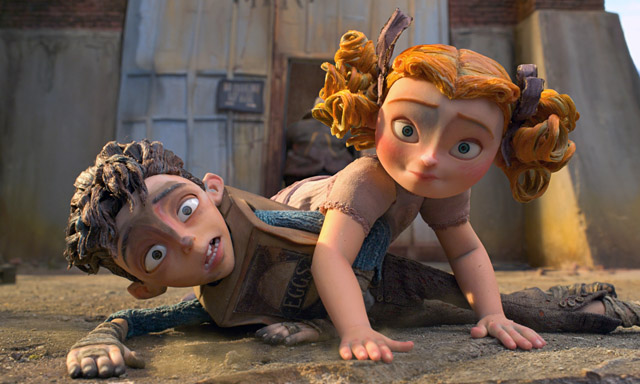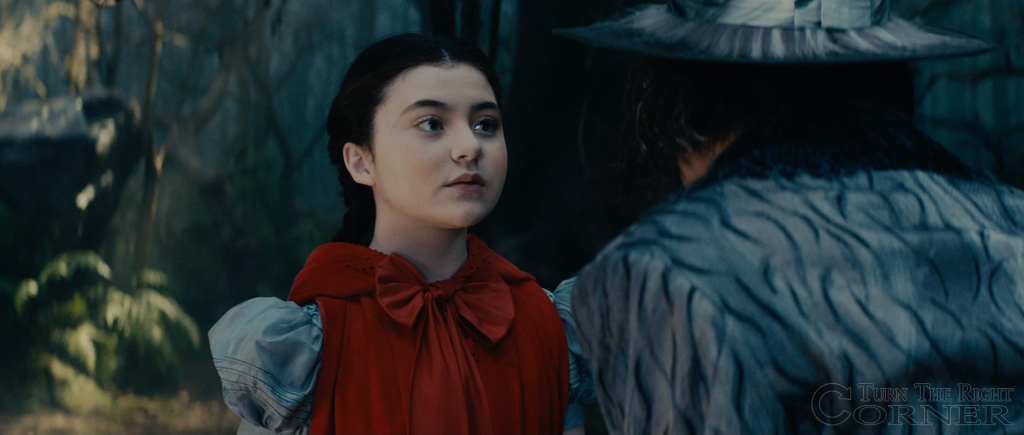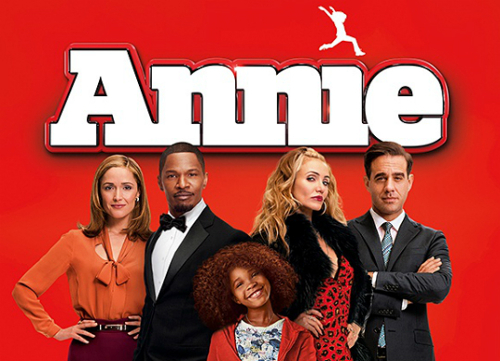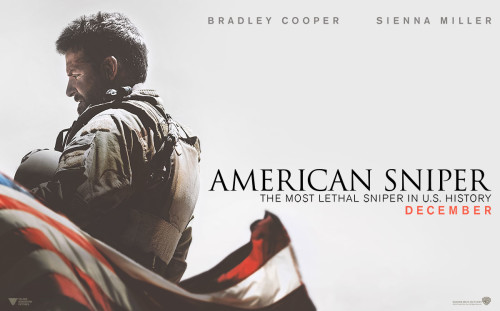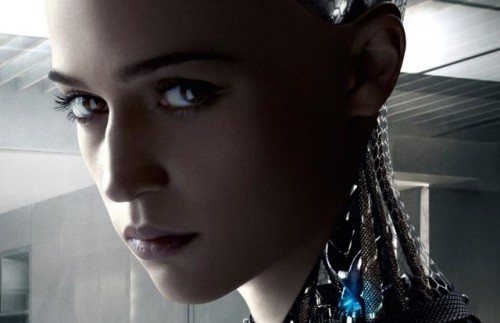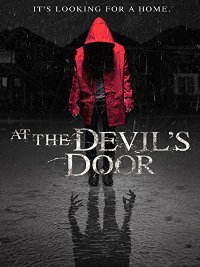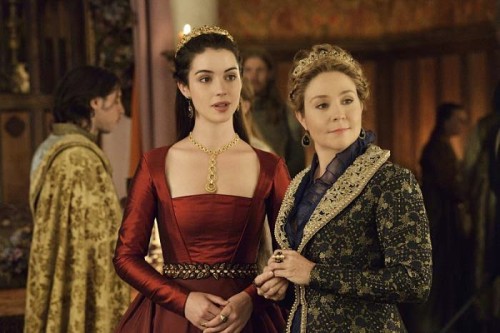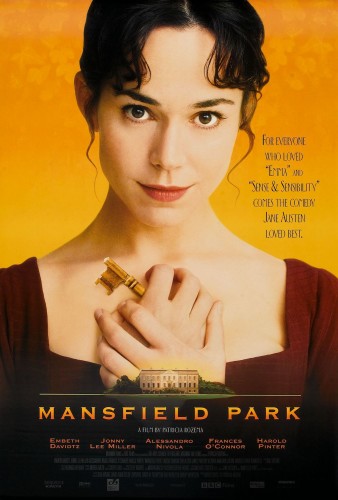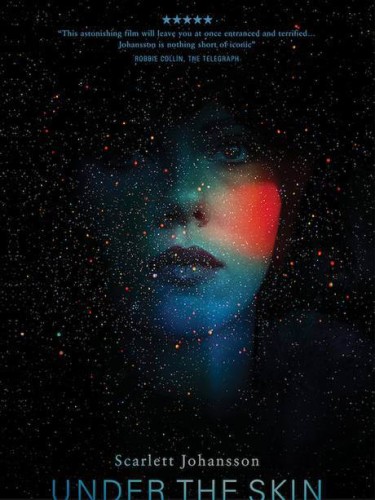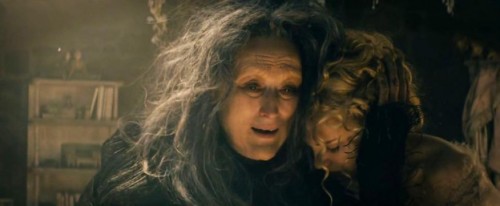‘The Boxtrolls’: Better Than Its “Man in a Dress” Jokes
In a nice contrast to many children’s films and books, the character at the start who goes against the mob is a girl, Lord Portley-Rind’s daughter, Winnie (voiced by Elle Fanning in a mid-Atlantic accent passing as British). Although Winnie, in her pink ruffled dress and blonde ringlets might look like other storybook heroines, her fits over never being believed or taken seriously by adults and her morbid fascination with the boxtrolls make her more like Daria than Alice in Wonderland. When she asks another character if boxtrolls ate his parents, she adds, “Did they let you, I mean, make you, watch?”
